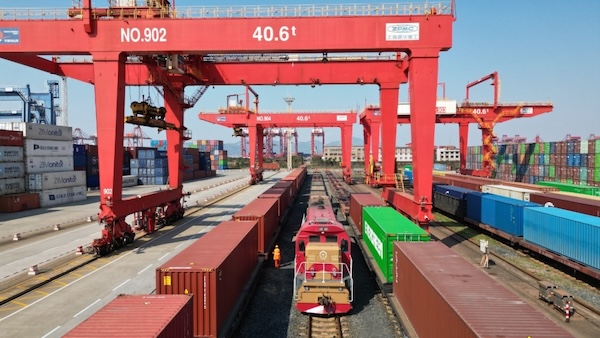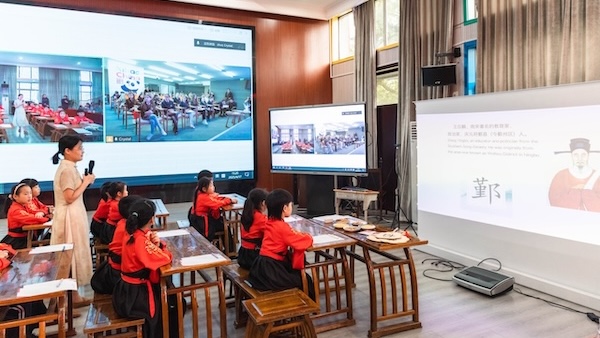'Future plant' construction gains traction in Ningbo
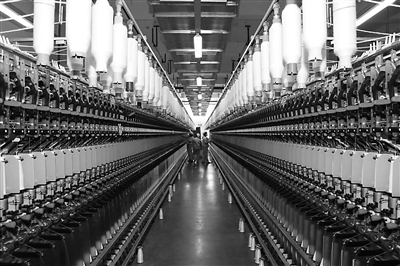
A production line of Consinee Group, a company based in Ningbo. The company produces and sells high quality yarns and fabrics. [Photo/cnnb.com.cn]
Enterprises from Ningbo, East China's Zhejiang province have been riding the digitalization wave to seek further growth.
He Shenghua, a doctor of industrial engineering at Tsinghua University, predicted that Ningbo will likely become home to the world's most advanced "future plants", as the city now accommodates 45 manufacturing enterprises with the highest market share in their niche markets in China.
There is still no definition as to what exactly a "future plant" is, but such a plant should have higher product quality and lower manufacturing costs, He said.
He pointed out that the 45 "manufacturing champions" in Ningbo are more likely to develop future plants given their dominant role in the domestic market and stronger willingness to purchase more advanced equipment and systems.
One such example is Consinee Group, a Ningbo company focused on the production and sales of high-quality yarns and fabrics.
The company has collaborated with Siemens to build a smart plant that is expected to help the company improve production efficiency by 20 percent and slash labor costs by 50 percent.
He said that scale and costs are the two key factors in market competition, suggesting that Ningbo businesses ramp up future plant construction so as to gain an upper hand over rivals.
Zeng Jiajun, secretary general of the Ningbo Intelligent Manufacturing Association, said that now is the time to promote smart manufacturing as new scientific and technological innovations have been emerging.
Favorable conditions such as a fall in the price of automation and intelligent equipment at home will also fuel the smart transformation of enterprises, according to Li Hongsong, director of the Intelligence and Information Center at Ningbo Bodoe High-Tech Co Ltd.
Li noted that industrial robots currently in the market are equipped with more sophisticated functions and are 30 percent cheaper compared to a decade ago.

 Ningbo seabird project seeks international volunteers
Ningbo seabird project seeks international volunteers 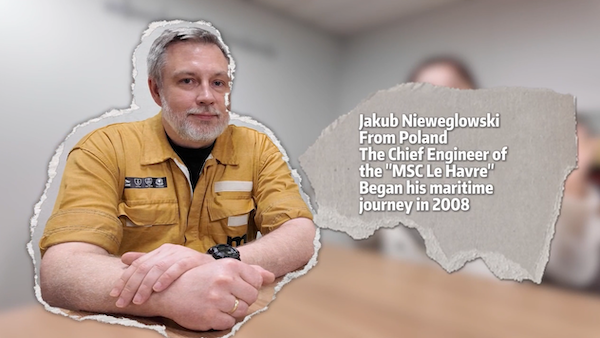 Jakub's journey: From shipyard to sea
Jakub's journey: From shipyard to sea 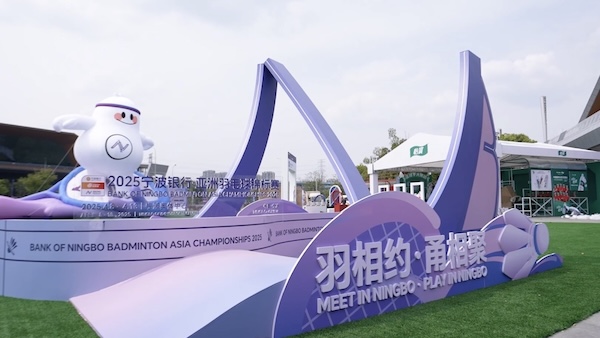 Badminton Asia COO applauds Ningbo
Badminton Asia COO applauds Ningbo 